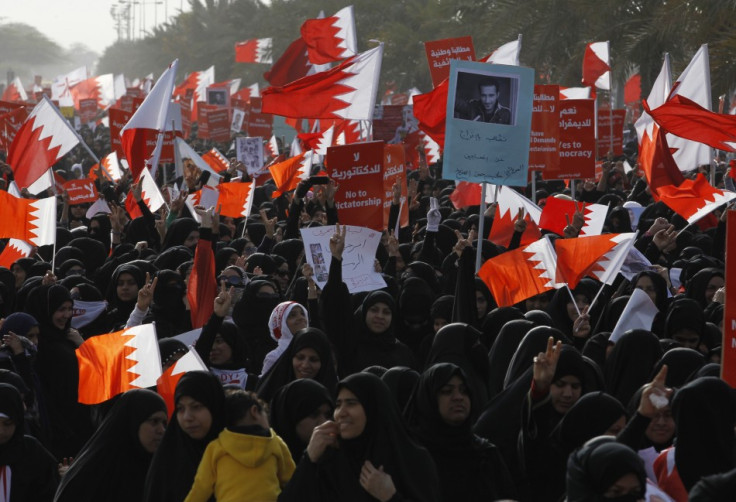Bahrain Activists: Manama Ignoring Human Rights Reform

More than eight months since the Bahraini Independent Commission of Inquiry (BICI) was established, the government has failed to implement most of the recommendations, activists say.
Following mass pro-democracy protests between February and March 2011, the Bahraini government was accused of leading a severe crackdown on peaceful demonstrators.
The kingdom's leader, King Hamad bin Isa Al Khalifa, ordered that an Independent Commission of Inquiry be set up.
The commission was tasked with determining "whether the events of February and March 2011 (and thereafter) involved violations of international human rights law and norms, and to make the recommendations that it deems appropriate," according to its website.
Months after the publication of the BICI's report, however, activists and opposition leaders say the government has failed to implement most of the recommendations.
A new website and organisation called Bahrain Watch has even set up an "implementation tracker" explaining which recommendations the government has failed to carry through.
Some of them include the authority's failure to establish an impartial, national independent mechanism to punish those responsible for death, torture, and mistreatment, to provide audio-visual recordings of all official interviews with detainees and to conduct effective investigations of all deaths attributed to security forces, as well as all allegations of torture and similar mistreatment.
Among some of the most pressing concerns, Bahrain Watch says police and security forces continue to commit torture and abuse with impunity, claims supported by Bahraini activists.
Bahrain Watch has exposed the case of a 16-year-old boy who says he was kidnapped and tortured just last month.
"He told me that this was the third time he was kidnapped and that before 14 February, 2011 he was imprisoned for one month in a political case. On 15 February, 2012 he received a phone call from a blocked number and they told him they were coming to get him," said Irish activist Elaine Masons, who cleaned the boy's wounds.
"He was outside his home in the village when a car with four hooded men grabbed him, put a bag over his head, tied his hands behind his back and drove off to an unknown location. They cut his body and beat him and then drove back to his village and dumped him out of the car on the road. They did not sexually assault him on this occasion, but did sexually assault him on the previous occasions," she said.
"After the incident, the people that did this to him posted a tweet of what they had done and named him in the tweet," she added.
The Bahraini government has created a web site where it provides an official account of the progress that has been made on implementing the BICI's recommendations and reiterated its commitment to proceed with reforms.
"His Majesty King Hamad committed that we would implement these recommendations in their entirety and meaningfully. We will do this by the end of February 2012. Tangible progress made on each recommendation is daily updated in the Progress Section of this website", a statement on the site read.
© Copyright IBTimes 2025. All rights reserved.





















